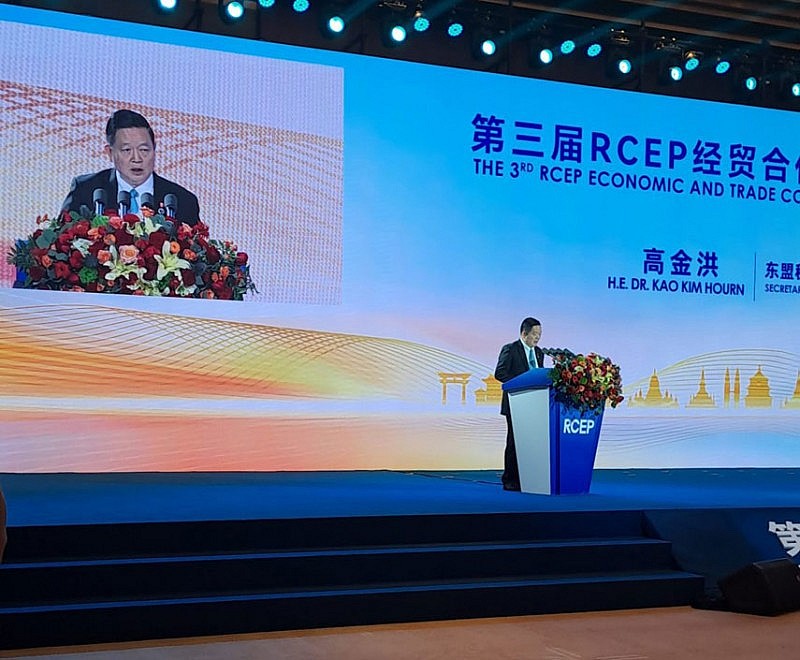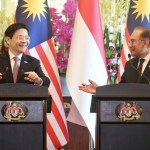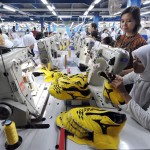Total number of posts 468.
At the 3rd RCEP Economic and Trade Summit held together with the ASEAN-China Expo (CAEXPO) in Nanning, China, officials and business leaders said that members of the Regional Comprehensive Economic Partnership should work towards more open markets and promote mutually beneficial cooperation benefit in Asia-Pacific.

Premier Cambodian Hun Manet said that in the context of global uncertainties, RCEP is important to strengthen confidence in the multilateral trading system, recover from the Covid pandemic and integrate the global economy in the region based on the principles of win-win.
Hun Manet said ASEAN and China need to further strengthen the resilience of economic cooperation between the two sides, adding that in addition to trade in goods, the two sides should focus on promoting trade in services and digital trade. RCEP for the private sector remains fundamental.
At the meeting, ASEAN Secretary General Kao Kim Hourn said that the business community should take advantage of RCEP to further diversify and integrate supply chains in the ASEAN region. It is important to evaluate modern trade practices to assess how digital technologies can be used to promote trade under RCEP, which must be inclusive and benefit all, especially SMEs, developing countries and least developed countries in RCEP.
Philippine Deputy Commerce Secretary Ceferino Rodolfo said that through enhanced market access of all goods in the region, transparent rules and clear mechanisms to resolve trade issues, it is anticipated to benefit businesses. The stable and predictable business environment under RCEP will encourage more investment and economic activities in the region.
Didi Sumedi, director of the Indonesian Ministry of Commerce's National Export Development Department, said RCEP eliminated tariffs on 90 percent of traded goods, simplified many customs procedures, investment regulations and e-commerce, and introduced more trade-friendly measures. RCEP will unleash the development of regional and global value chains, while significantly boosting economic growth, so it is necessary to encourage more outreach and dialogue programs during the early implementation of RCEP to increase the rate of use.
RCEP is the world's largest free trade agreement to date, comprising 10 ASEAN member states and 5 trading partners – China, Japan, South Korea, Australia and New Zealand. The agreement is now valid for all 15 members after coming into effect for the Philippines on June 6. The 2023 RCEP Development Outlook and Regional Cooperation Results report was released during the summit. The report states that RCEP has become a favorable factor in accelerating global trade investment growth and stabilizing supply chains during multiple crises.
The speakers also highlighted green and digital development among RCEP members at the ASEAN-China Business Leaders' Forum and Meeting. Lao Prime Minister Sonexay Siphandone said the country has become a hub connecting ASEAN members and China, especially after the China-Laos railway opened in December, helping to support regional connectivity by RCEP members.
With Laos set to assume the ASEAN chairmanship in 2024, investors are welcome to explore new opportunities and exploit the railway. Malaysia's National Chamber of Commerce and Industry also said a big data analytics centre should be set up for RCEP to help ASEAN countries make better use of the free trade agreement.
RCEP has strengthened regional supply chains and stimulated trade by reducing costs. For example, under the agreement, at least 65% of the service sector will be fully opened to foreign investment. RCEP is a step towards the establishment of an Asia-Pacific free trade area, and the agreement demonstrates the region's unwavering commitment to pursuing shared prosperity.














